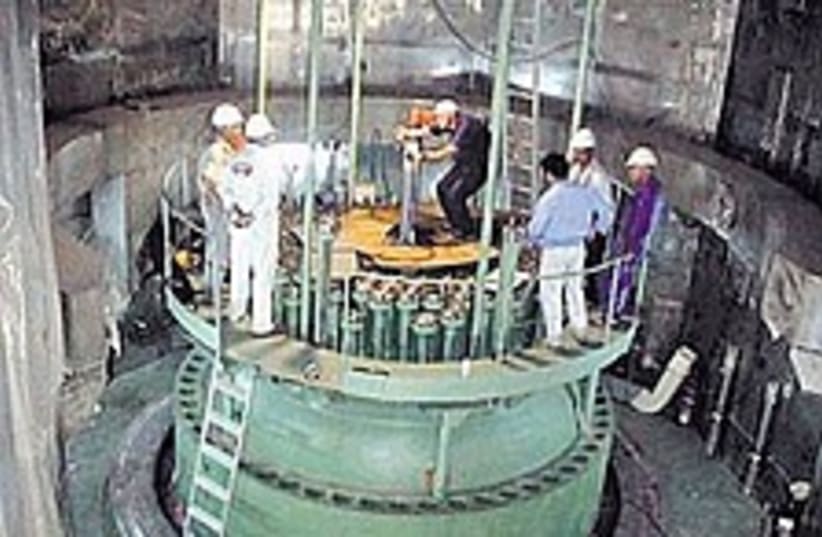| THE IRANIAN THREAT | |
| JPost.com special: news, opinion, blogs and more |
Problems slow down Iran's nukes
Unconfirmed reports: 1st of cascade centrifuges has failure rate of up to 50%.


| THE IRANIAN THREAT | |
| JPost.com special: news, opinion, blogs and more |